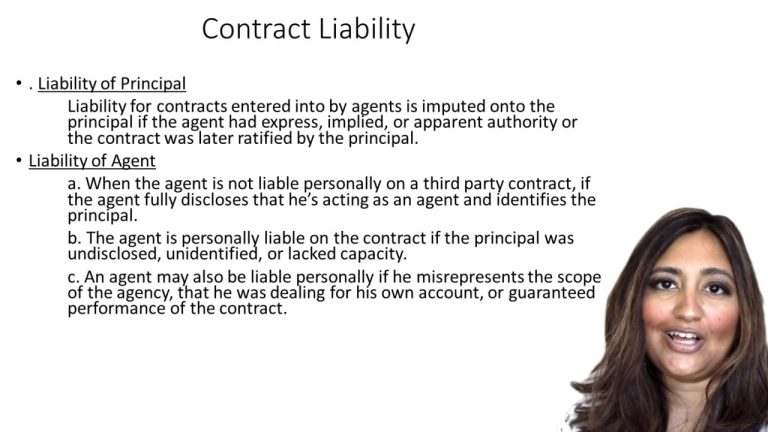SmartBrief
Confirm favorite deletion?
Business Organizations Keyed to Allen
Jenson Farms Co. v. Cargill, Inc.
Citation:
309 N.W.2d 285 (Minn. 1981).Facts
Warren operated a grain elevator with which it bought and stored grain for farmers. In 1964, Warren applied for financing from Cargill. Cargill agreed to loan Warren money for working capital with the original loan amount being $175,000. Proceeds from Warren’s sales were to be deposited with Cargill and credited against Warren’s account. Cargill also was given a right of first refusal to purchase grain sold by Warren. The parties negotiated a new contract in 1967, extending Warren’s credit line to $300,000. The new contract provided provisions for Cargill to inspect Warren’s financial statements and books. Warren also could not make repairs or improvements greater than $5,000 without Cargill’s consent or encumber any of its assets without Cargill’s consent. After an on-site inspection by Cargill, it was determined that Warren was in need of “strong paternal guidance.” In 1970, Cargill continued to express concerns about Warren’s increased use of funds; however, in 1972, it increased Warren’s credit line to $750,000 and again in 1976 to $1,250,000. By 1976, approximately 90% of Warren’s cash grain was shipped to Cargill. In 1973, Cargill began more rigorous oversight of Warren’s operations and by 1975 it kept a daily debit position on Warren. In April 1977, an audit revealed that Warren was $4 million in debt and had falsified its financial statements. Cargill thereafter refused Warren’s requests for additional financing. At the time Warren ceased operations it was indebted to Cargill in the amount of $3.6 million and to the plaintiffs in the amount of $2 million.
Only StudyBuddy Pro offers the complete Case Brief Anatomy*
Access the most important case brief elements for optimal case understanding.
*Case Brief Anatomy includes: Brief Prologue, Complete Case Brief, Brief Epilogue
- The Brief Prologue provides necessary case brief introductory information and includes:
Topic:
Identifies the topic of law and where this case fits within your course outline.Parties:
Identifies the cast of characters involved in the case.Procedural Posture & History:
Shares the case history with how lower courts have ruled on the matter.Case Key Terms, Acts, Doctrines, etc.:
A case specific Legal Term Dictionary.Case Doctrines, Acts, Statutes, Amendments and Treatises:
Identifies and Defines Legal Authority used in this case.
- The Case Brief is the complete case summarized and authored in the traditional Law School I.R.A.C. format. The Pro case brief includes:
Brief Facts:
A Synopsis of the Facts of the case.Rule of Law:
Identifies the Legal Principle the Court used in deciding the case.Facts:
What are the factual circumstances that gave rise to the civil or criminal case? What is the relationship of the Parties that are involved in the case.Issue(s):
Lists the Questions of Law that are raised by the Facts of the case.Holding:
Shares the Court's answer to the legal questions raised in the issue.Concurring / Dissenting Opinions:
Includes valuable concurring or dissenting opinions and their key points.Reasoning and Analysis:
Identifies the chain of argument(s) which led the judges to rule as they did.
- The Brief Prologue closes the case brief with important forward-looking discussion and includes:
Policy:
Identifies the Policy if any that has been established by the case.Court Direction:
Shares where the Court went from here for this case.
Topic Resources
Topic Outline

 8m 1s
8m 1s 8m 44s
8m 44s